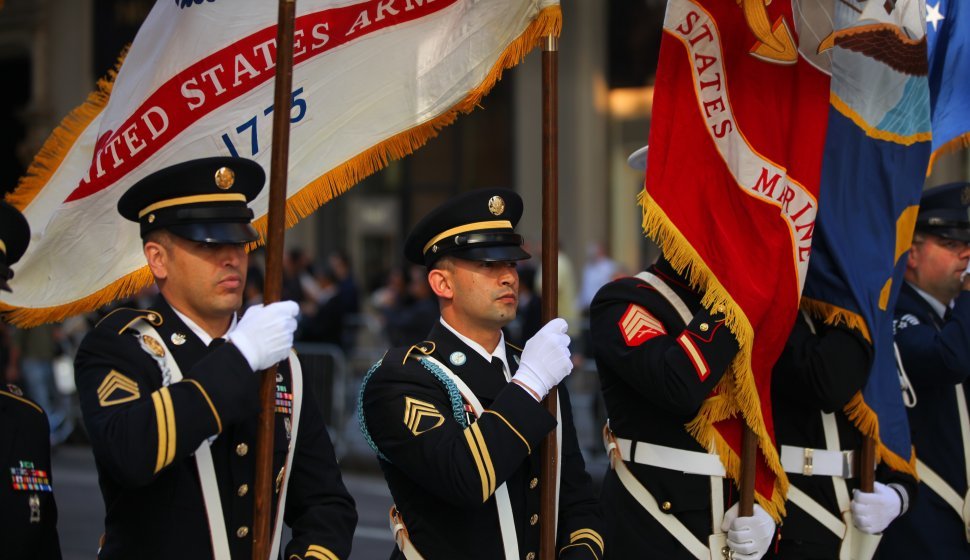- Home
- Public Holidays
- Colombus Day

Colombus Day Dates in 2026, 2027 and 2028
Colombus Day is observed at the following dates:
- Monday, October 12, 2026
- Monday, October 11, 2027
- Monday, October 9, 2028
Columbus day is celebrated on the second Monday of October.
Columbus day is observed as a federal holiday, though only 23 states give their workers a paid day off1. It celebrates Columbus's voyage and subsequent discovery the new world in 14922, despite strong evidence of previous Norse and claims of other pre-Columbian voyages.
Origin
Columbus day was first celebrated as a state holiday in Colorado in 1906 though celebrations of Columbus's voyage have been held since colonial times3. It became a federal holiday in 19373. In 1892, President Benjamin Harrison called for a celebration of the 300th anniversary of Columbus's voyage where the emphasis was placed on ideals of patriotism34. In the Italian-American community, Columbus day is considered a celebration of Italian heritage5.
Celebration
Celebrations vary widely across the country. Some places hold giant parades celebrating Christopher Columbus's journey, such as in San Francisco, CA, which hosts the oldest continuously running Columbus Day parade, established in 1868 by Nicola Larco6. New York city boasts the largest Columbus Day parade with 35,000 marchers, 100 groups and nearly one million spectators7.
In observance of Columbus day, most school districts have the day off as well as most state government offices, many businesses, banks, the bond market, the U.S. postal service and other federal agencies8.
Controversy
Columbus day has been steeped in controversy since at least as early as the 19th century due to associations with immigrants and the Knights of Columbus, as well as worries that it was a holiday used to widen Catholic influence9.
Starting in the mid 20th century, however, the focus has shifted towards critiques about the historical accuracy of Columbus being the first European to discover the New world and criticisms of Christopher Columbus's treatment of indigenous populations. One often cited example that illustrates the severity of Columbus's treatment of native Americans was his enslavement of 1500 Arawak men, women and children10. He brought 500 back on his ship, but because at least 200 died, he was forced to stop in Haiti, where he forced natives to bring him a certain quota of gold10. If the quota was not met, they would have their hands cut off and bled to death10.
These criticisms have led to some cities renaming Columbus day as Indigenous people's day, a movement started in 1992 with Berkeley, California and followed by Sebastopol and Santa Cruz, California; Dane County, Wisconsin; Minneapolis-Saint Paul, Minnesota; and Seattle, Washington11.
References
http://dcinno.streetwise.co/all-series/bullet-points-why-do-we-celebrate-columbus-day/
http://www.columbuscitizensfd.org/columbus-celebration/columbus_parade.html
http://time.com/money/3490919/columbus-day-who-has-to-work-why/
http://content.time.com/time/nation/article/0,8599,1929666,00.html
http://racerelations.about.com/od/historyofracerelations/a/The-Argument-Against-Columbus-Day.htm
